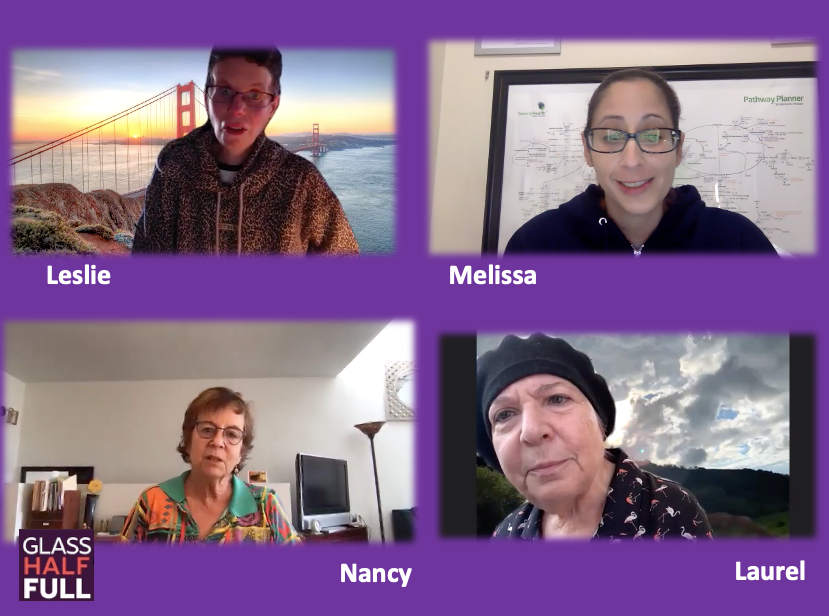Do you see images of yourself reflected in popular media? As a person with a chronic health condition and/or disability, is your life reflected in movies, television, print, or social media? In this themed podcast…
It’s April Fool’s Day so we’re mixing things up with an unhelpful advice rant. One can’t be positive 100% of the time. Now is the opportunity to share about all of the weird things people…
Holidays can be tough; that’s why we’re focusing on our favorite things. Peni, Laurel, and Kristl share their voices and 22 previous podcast guests tell us how they beat the funk when dogs bite or…
- Alternative Healing Modalities
- Coping
- Mental Health
- Music and the Arts
- Podcast Episodes
- Relaxation
- Spirituality
Sound Therapy: I had to do this every day if I wanted to become well again
- June 24, 2018
- Tagged as: anxiety, bipolar disorder, chronic pain, depression, fibromyalgia, meditation, nervous system, neuroplasticity, relaxation, sleep, sound, stress, therapy, wellness, yoga
Sound Bath? Sound Meditation? Sound Symphony? Sound therapy has become a wonderful tool to access deep relaxation. For many, it is a gateway to meditation. Melissa Felsenstein of Inner Sounds Meditation shares her story of…
Singing along to classics from my youth definitely has a positive effect on my mood. From sharing a karaoke night with friends to learning about music therapy from a licensed creative arts therapist, this episode…
It’s all about support groups! Listen to several support group facilitators talk about their experiences attending and eventually facilitating a support group. Patient advocacy organizations represented include the Muscular Dystrophy Association, Multiple Sclerosis Foundation, and…
This podcast episode explores the experiences of six people who have used medical cannabis for a variety of conditions including cancer, depression, muscular dystrophy, fibromyalgia, chronic fatigue syndrome, bone fracture, and bipolar disorder. There’s a…
It’s time to mix things up…just for this episode. I explore the fine art of complaining…and I complain a little. No whining though. Conversations with Toni Bernhard, Mike Hamlin, and Laurel Roth Patton included. Enjoy!
My first conversation is with a dear friend, Laurel Roth Patton. Laurel talks with me about her diagnosis with bipolar condition and shares some of the most useful tools she’s gathered over the years. Please…






